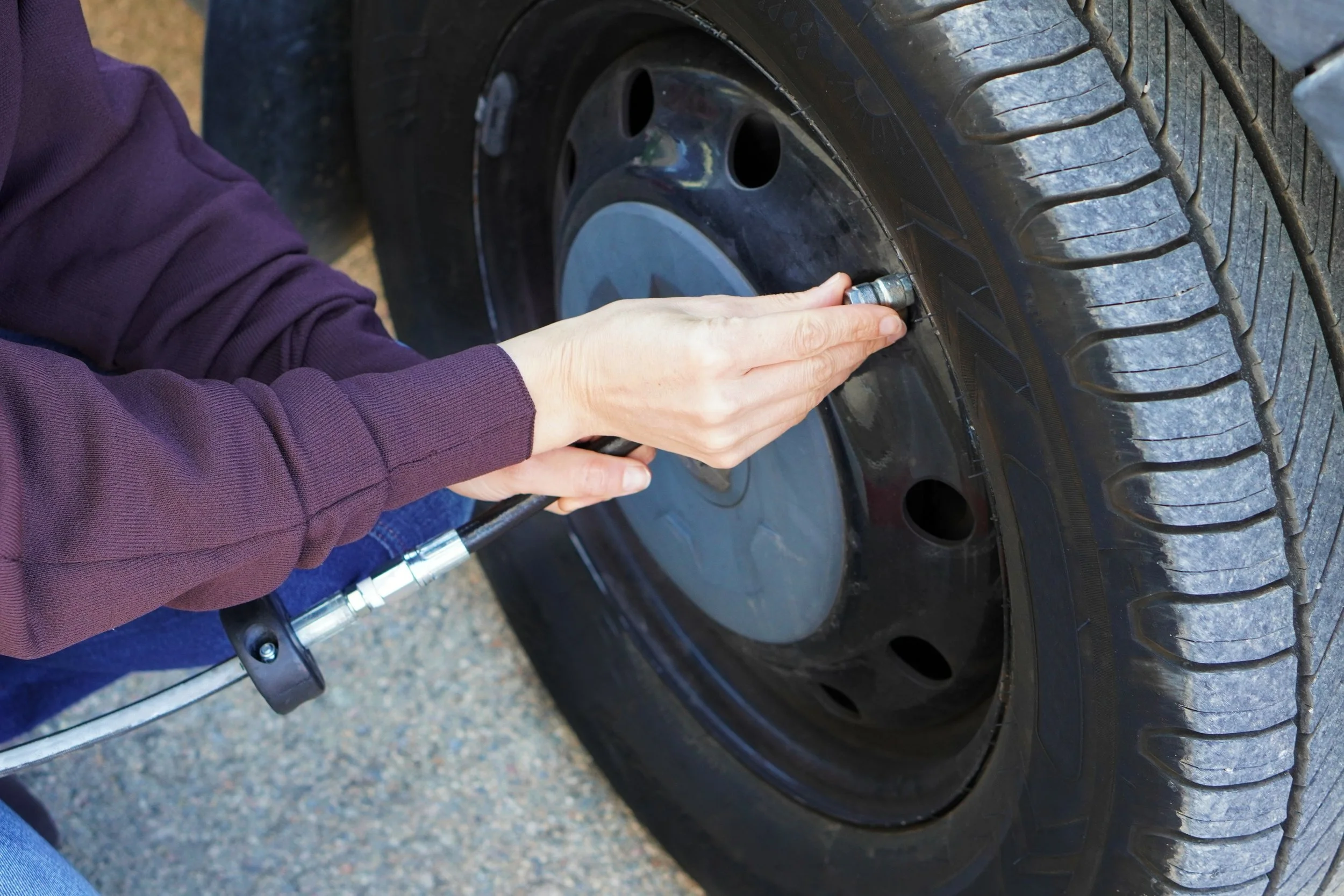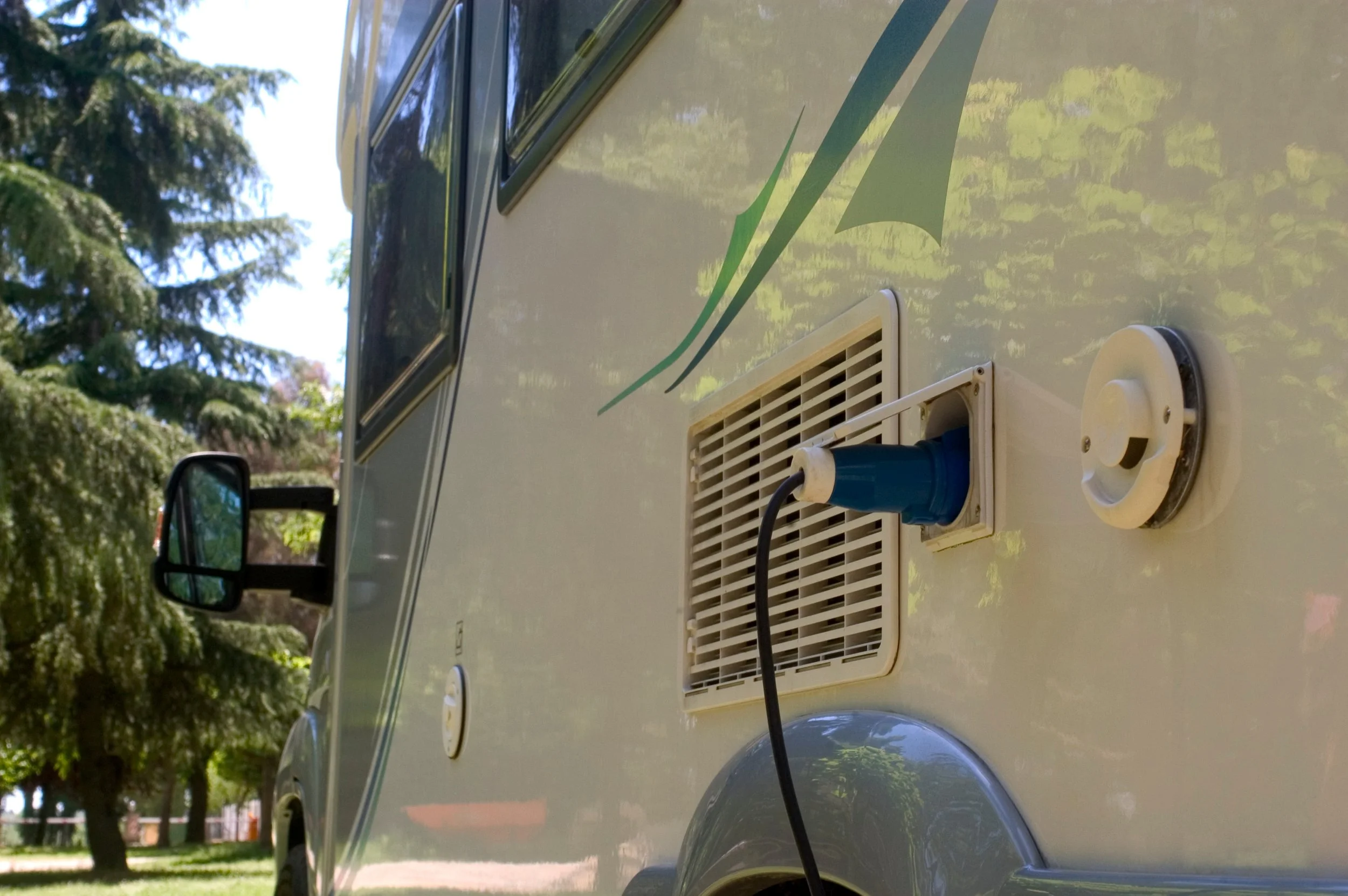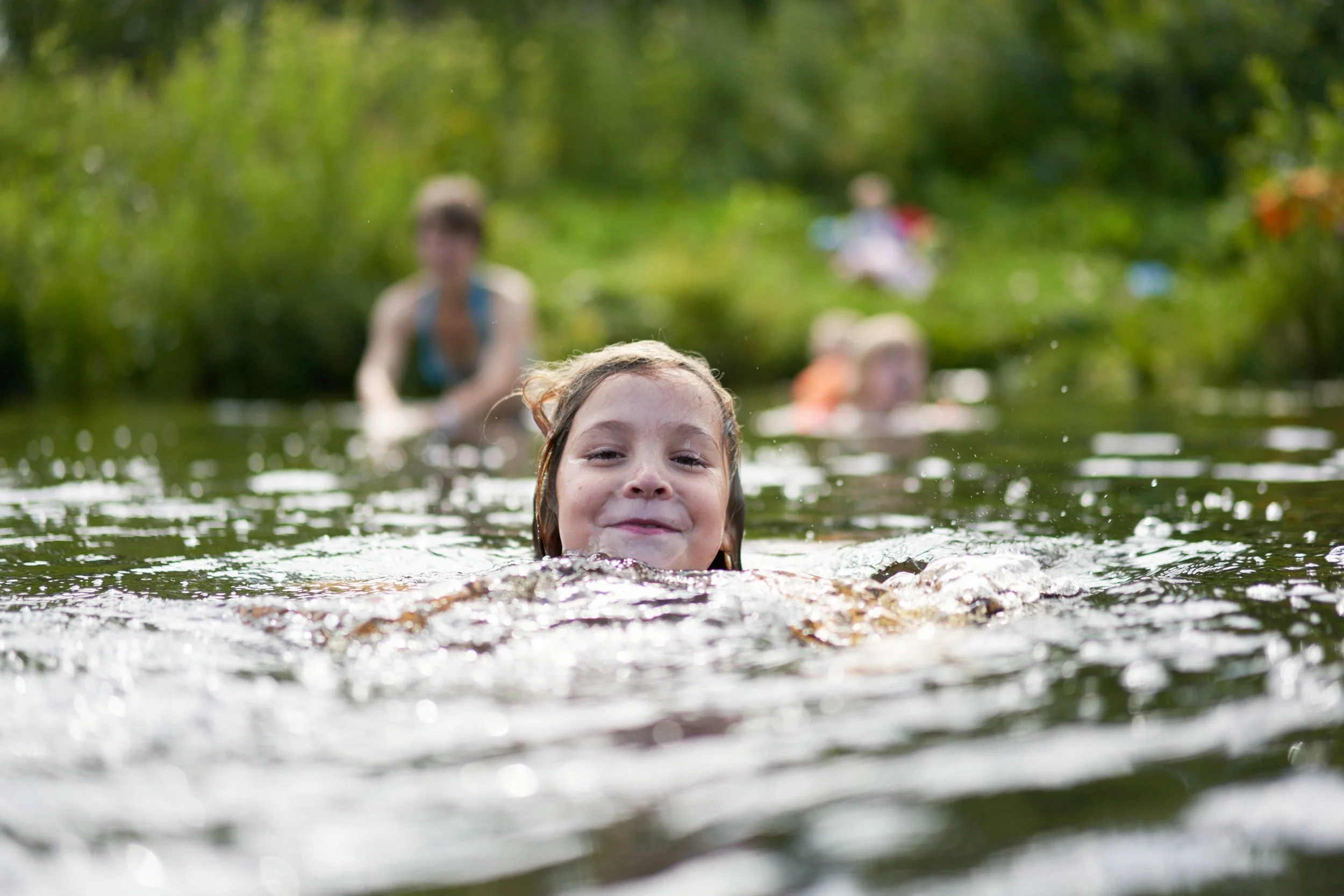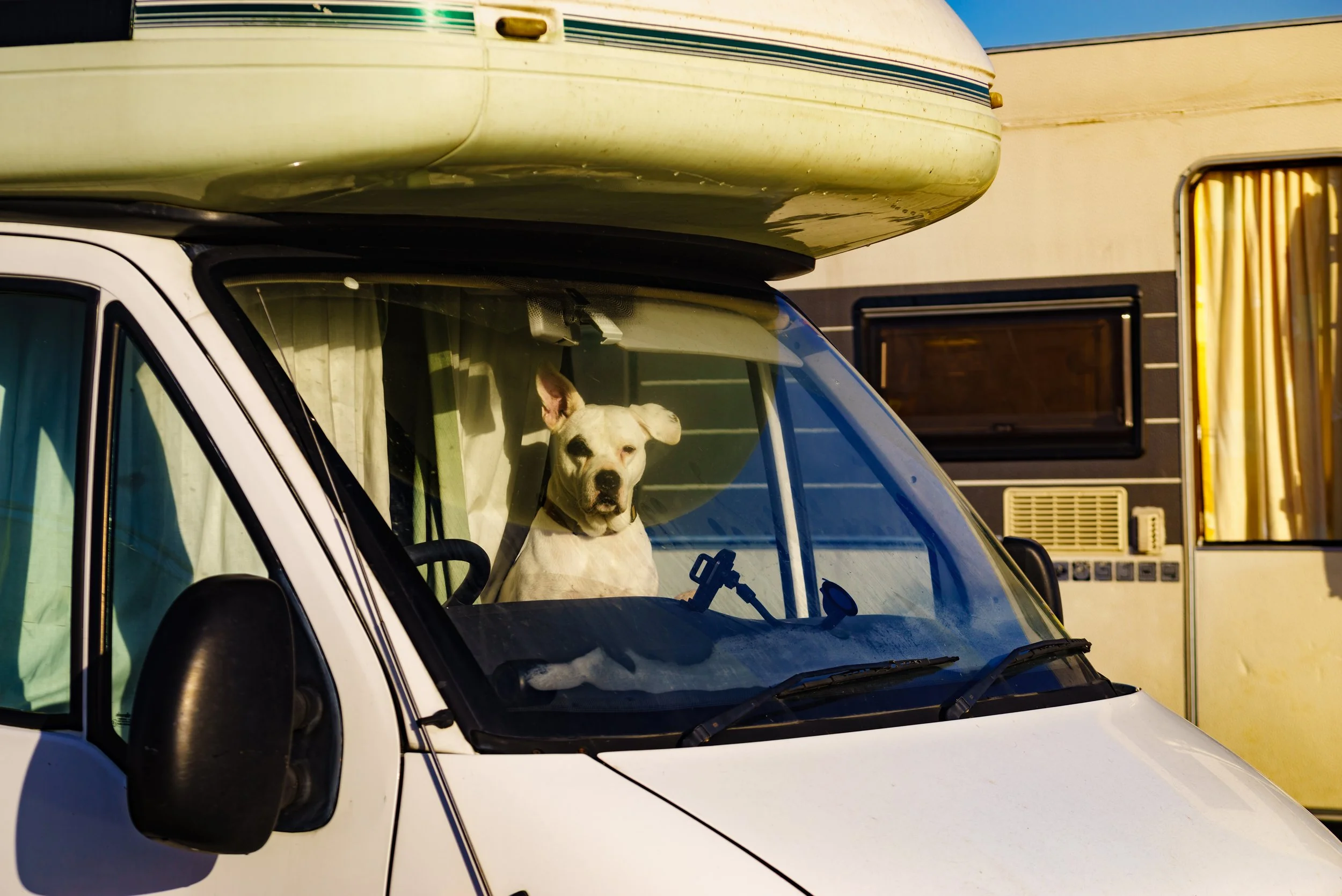RV & Camper Safety 101
Whether You’re Out for a Weekend or the Whole Season
If you’re taking your RV out for a quick weekend trip or settling in for a longer stay, safety doesn’t take a break.
And ignoring that propane smell? Yeah, that’s not bravery, it’s just risky.
Here are the essential safety tips every RVer should know — Lets keep the campfire outside of the rig, shall we?
🔥 1. Fire Safety: Campfire Good. RV Fire… Less Good.
RV fires can start from electrical issues, propane leaks, or overheated brakes — basically anything that sounds like trouble.
✅ Do this:
• Install working smoke detectors and test them monthly. Yes, the beep can be annoying, but it’s worth it.
• Keep a Class B:C or ABC fire extinguisher handy — and know where it is.
• Check propane lines with soapy water; bubbles mean leaks, and leaks mean fix it immediately.
🛞 2. Tires & Brakes (Short-Term & Long-Term):
Before any trip, check your tire pressure and inspect for cracks or dry rot — a blowout isn’t a thrill ride. If parked long-term, use tire covers and check pressure monthly. Tires don’t age like a fine wine.
💨 3. Carbon Monoxide Safety:
CO is a silent threat. Install a detector and keep vents clear. Never run generators near windows or inside enclosed spaces.
🧰 4. Emergency Kit = Not Optional:
Whether you’re gone a weekend or a season, pack a first aid kit, flashlight, jumper cables, gloves, and basic tools. Because waiting for help isn’t fun.
🚿 5. Water Safety:
Only connect to potable water sources. Please don’t drink the pond water, that’s just weird.
🪟 6. Moisture & Ventilation:
Long-term stays can cause condensation and mold. Keep windows cracked, run fans, or use a small dehumidifier to keep air quality good.
🐭 7. Critter Control (Especially Long-Term):
Mice and insects can move in fast. Seal entry points, store food properly, and check storage areas regularly.
🔌 8. Electrical Awareness:
Don’t overload circuits. Use surge protectors and test campground power. For long stays, inspect cords regularly.
🚦 9. Drive Slowly and Stay Alert:
Whether you’re pulling in or driving around the park, go slow and watch out for children, pets, and fellow campers. Campgrounds aren’t racetracks, and no one wants to be the reason for a close call.
🏕️ 10. Campground Etiquette:
Follow fire bans and quiet hours. Travel on designated paths and roads. Don’t block fire lanes, roads, hydrants, or crowd hookups. Be a neighbor people enjoy.
🌊 11. Beach Safety:
If your campsite is near a beach, remember: No lifeguard on duty. Swim smart, stay close to shore, and keep an eye on the little ones — because “watching from the RV” doesn’t count as supervision.
12. Pet Safety: Keep Your Furry Friends Happy and Safe
Camping with pets? Awesome! But remember, new surroundings can be full of surprises for them—think wildlife, busy roads, and curious neighbors. Always keep pets on a leash when roaming, especially near busy roads or other campers. Make sure they have plenty of fresh water (no “mystery puddle” drinking, please) and a cool spot to rest. And heads up: some campgrounds have specific pet rules, so check those before you arrive. Your pet’s safety is part of your adventure too!
💡 Short-Term Stayers:
Double-check hookups before leaving. Pack extra hoses, fuses, and tools. Use your checklist — yes, really.
🧱 Long-Term Stayers:
Inspect your setup weekly for leaks, wear, and pests. Rotate tires to prevent flat spots. Secure awnings in windy weather. Your RV isn’t a “set it and forget it” project.
✅ Bottom line: Whether you’re gone a few days or a few months, safety keeps the adventure fun and stress-free. So keep up with maintenance, check your systems, and don’t power your rig like it’s a nightclub.





